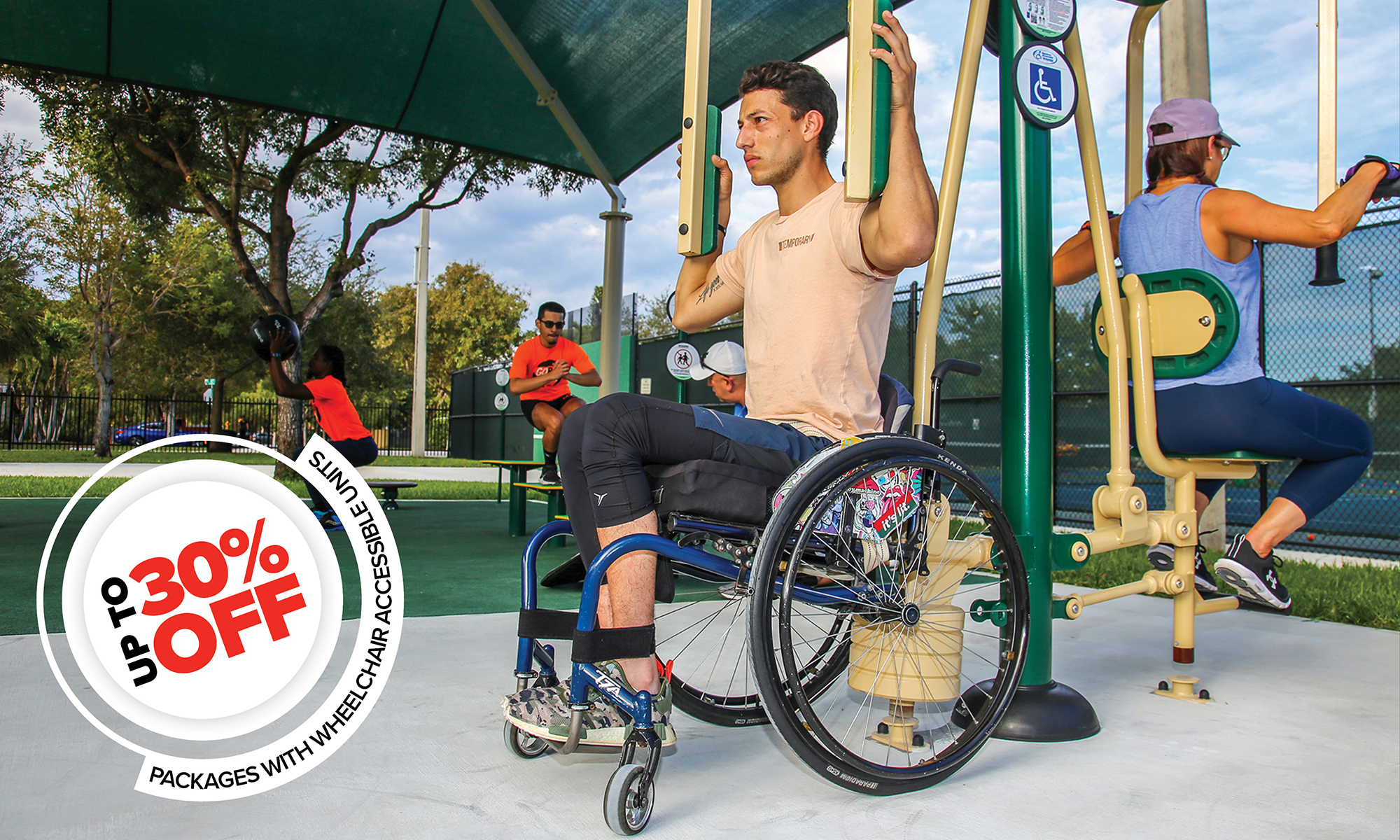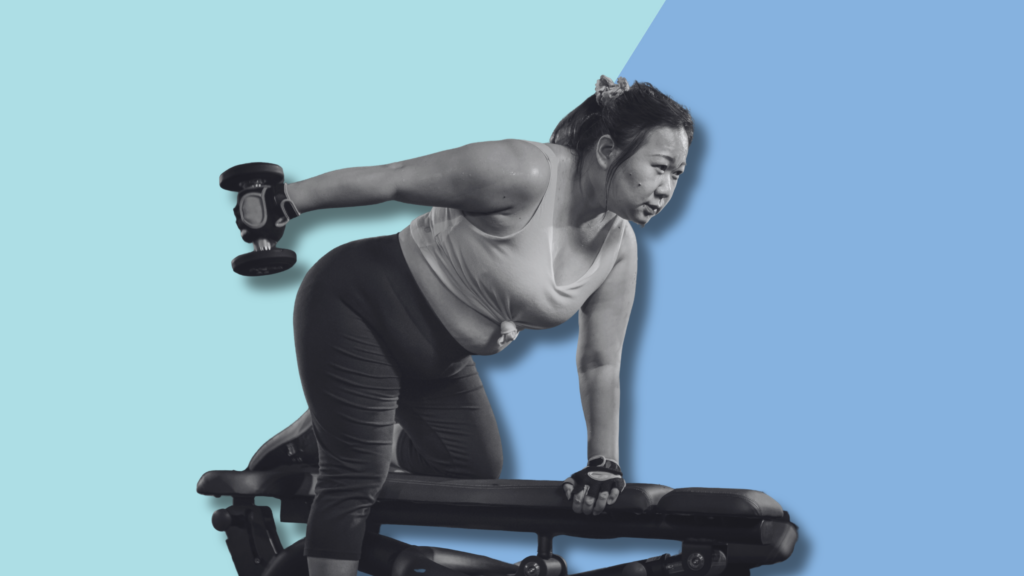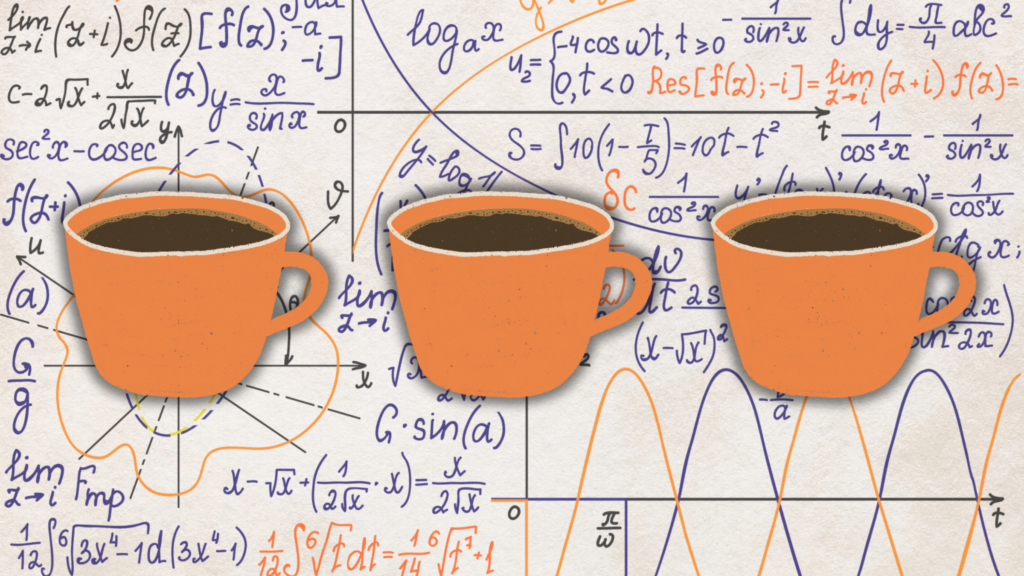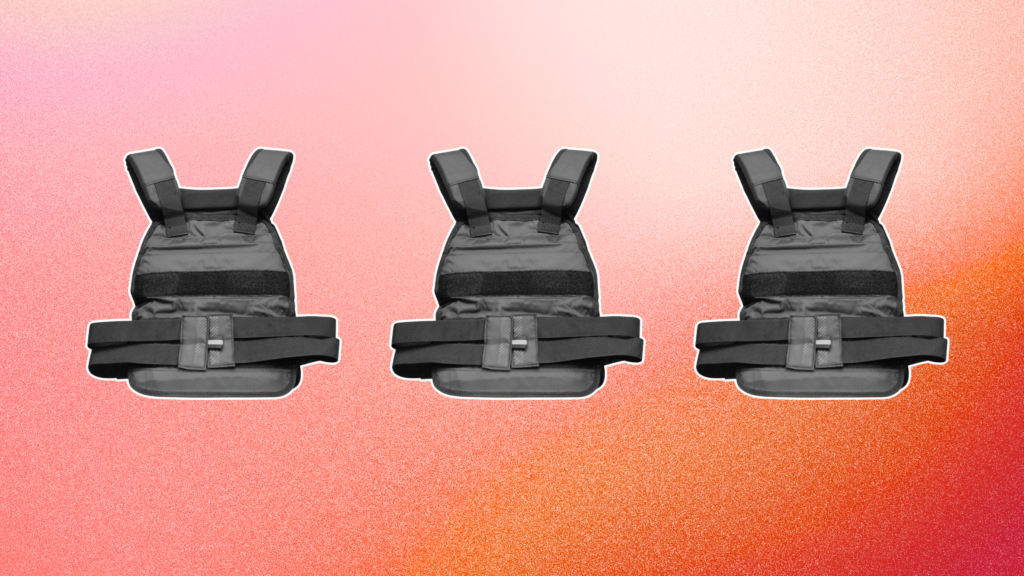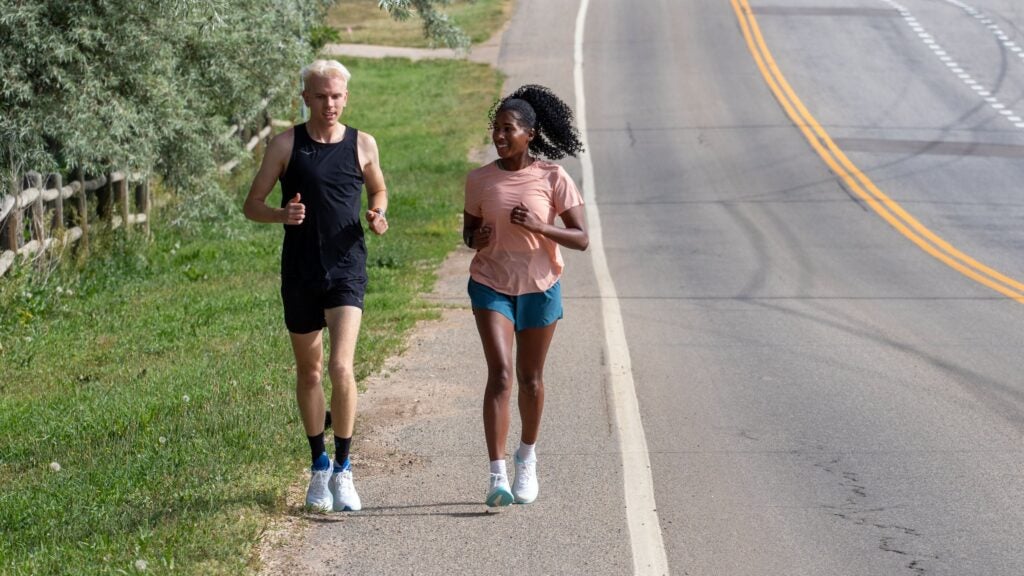Back in 2011, I went to an international conference in the Australian town of Bathurst called “The Future of Fatigue: Defining the Problem.” The feeling you encounter, say, 20 miles into a marathon may seem too self-evident to require any deep explanation, but it turns out to be surprisingly difficult to pin down. In psychology, there’s a widespread belief that naming your feelings can help you manage them. I was interested in the fatigue conference because I figured the same might be true for athletes: if I could understand and name what was holding me back in races, perhaps I’d be better equipped to push through it.
Spoiler: the conference didn’t come up with any final answers. In fact, defining and explaining fatigue remains an ongoing topic of debate among sports scientists, as illustrated by a new paper in the journal Sports Medicine. A group of researchers led by Jeanne Dekerle of the University of Brighton draws on recent advances in cognitive science to propose a new way of understanding what they call “exercise-induced perceived fatigue.”
The New Theory
Dekerle’s framework is based on an idea called “predictive processing,” which has emerged over the past decade as a powerful grand theory of how the brain works. The basic idea is that, rather than perceiving the world based on incoming data from the senses, the brain’s fundamental role is to predict the world, using the senses to check and correct its predictions. Last year, I wrote a brief primer on predictive processing and speculated that we would soon see it applied to endurance sports… and here we are.
Dekerle’s focus is exercise-induced perceived fatigue, and she begins by trying to specify exactly what she means by this. She doesn’t mean feeling sleepy, or unmotivated, or out of energy. She also doesn’t mean that what you’re doing feels too effortful to continue (a distinction that turns out to be important, and that we’ll come back to below). Instead, drawing on a previous definition by researcher Dominic Micklewright, she defines perceived fatigue as “a feeling of diminishing capacity to cope with physical or mental stressors, either imagined or real.”
What gives rise to this feeling? There’s no blood test or biopsy or X-ray that can measure it. Instead, Dekerle proposes that the feeling of fatigue arises when one of the brain’s most important predictions—that the body will remain in a state of homeostasis, with key parameters like heart rate and body temperature and blood acidity in a tightly controlled range—is violated.
It’s not that the high heart rate or elevated blood acidity themselves directly cause the sense of fatigue. It’s about predictions. Your brain has various ways of anticipating and adjusting to the demands of exercise—of ensuring that its prediction of homeostasis remains true. For example, your heart rate will increase and your breathing will quicken before you start exercising. But eventually the brain runs out of tricks, and its predictions become increasingly at odds with reality. “Fatigue therefore represents a state of uncertainty,” Dekerle and her colleagues write, “indicative of the brain’s diminishing confidence in its own ability to exert control over the body.”
Is there any evidence that fatigue is the brain’s feeling that its predictions are off? In one study, participants moved their fingers back and forth while watching their hands on a computer screen. When the researchers introduced a slight delay in the video feed, effectively messing with the volunteers’ predictions of where their hands should be, their perception of muscle fatigue increased. In another study, injecting metabolites into the thumbs of volunteers to disrupt chemical homeostasis generated feelings of fatigue.
Why It Matters
It’s a neat, albeit speculative, hypothesis. But is this perception of fatigue really what matters during exercise? Previous theories, most notably the Central Governor Model developed by researchers at the University of Cape Town and Samuele Marcora’s Psychobiological Model, have tended to focus instead on effort: “the conscious sensation of how hard, heavy, and strenuous exercise is,” in Marcora’s words. (Another, more poetic definition he has used: “the struggle to continue against a mounting desire to stop.”)
One way to understand the difference between fatigue and effort is to think about what happens when you stop. Effort mostly disappears if you stop running and lie on the ground, but fatigue is still there. To Marcora, a professor at the University of Bologna, it’s effort that functions as the master switch, determining whether you decide to speed up, slow down, or stop. One of his studies compared effort and pain during an all-out cycling test: it was effort that maxed out when the subjects gave up, while pain was still just five out of ten on average.
There isn’t much research on the exact role fatigue plays during exercise. Dekerle, in an email, said there are likely several different perceptions that play a role in regulating your pace during an endurance event, including effort, fatigue, and pain. Particularly for novice exercisers, even “affective valence”—whether they’re enjoying it or not—likely plays a role. The dominant perception may be different for each of us, Dekerle said, and might change depending on the context or even vary across the course of an event. In my first marathon, I judged my pace based on effort for the first 20 miles, and then was limited by pain in my screaming quads for the last six.
To make things even more complicated, all these various perceptions interact with each other. Pain makes exercise less pleasant. And mounting effort might contribute to the sensation of fatigue. Marcora’s main critique of the new theory is that its definition of fatigue—“a feeling of diminishing capacity to cope with physical or mental stressors”—is really a version of another psychological concept called self-efficacy, which is your sense of how capable you are of completing a given task. Your self-efficacy during a marathon certainly depends on your sense of effort, Marcora points out, along with other factors like motivation, how far you’ve come, how far you still have to go, and your prior experiences of how hard it feels to run various distances.
I realize I’m getting into the weeds here (and believe me, there are a lot more weeds that I’m glossing over). What we feel during marathons is one of those questions that only feels obvious if you don’t think too hard about it. Part of me feels that it’s a useful rabbit-hole to go down. For new runners, I think the bombardment of sensory overload can be overwhelming, and they often slow down before they really need to. Understanding the difference between, say, effort (“it’s hard”) and discomfort (“it hurts”)—between warning lights and stop signs—can free you to push harder for longer.
On the other hand, I’m also conscious of the potential pitfalls of overthinking it. After all, the idea that naming your feelings can help you manage them isn’t universally accepted. In one study at Harvard a few years ago, naming emotions while viewing unpleasant images actually made it harder to get rid of those emotions. I’m fascinated by the research of Dekerle and others who are trying to unravel the mysteries of fatigue, and hope the field continues to progress. But for now, while I’m out running, I’ll try to put all that terminology out of my mind and just focus on boosting self-efficacy by embracing my inner cheerleader.
For more Sweat Science, join me on Threads and Facebook, sign up for the email newsletter, and check out my new book The Explorer’s Gene: Why We Seek Big Challenges, New Flavors, and the Blank Spots on the Map.
Source link





